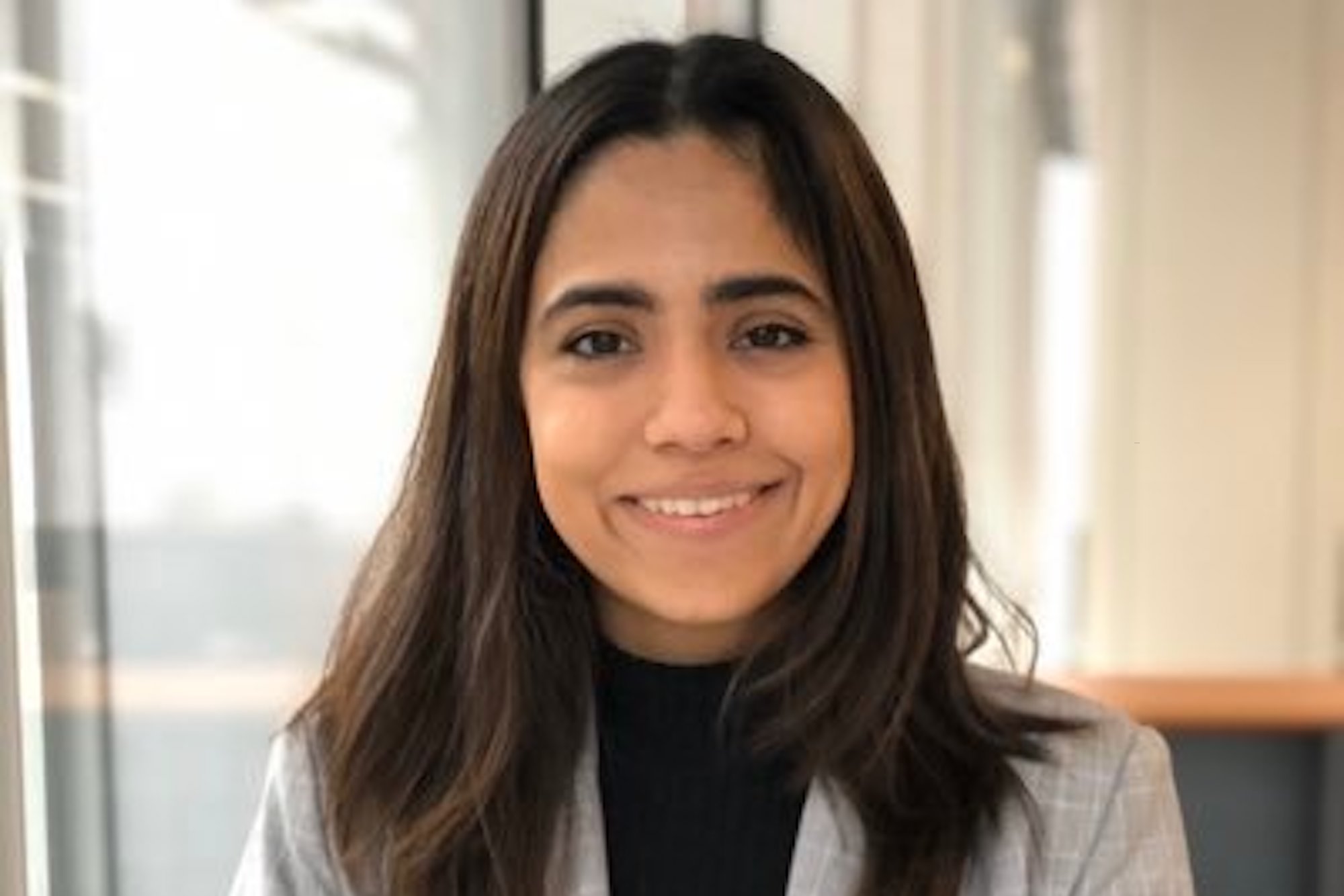
Alisha Haridasani Gupta is a reporter at the New York Times covering a range of global news stories through the lens of gender. Before moderating the Zócalo/Scripps College event “What Does a Feminist Foreign Policy Look Like?,” Neiman chatted in the green room about rewatching Scandal, living through SARS, and the Spice Girls.
What did you have for breakfast this morning?
Coffee. During the pandemic, I got myself a fancy coffee machine because I just thought, OK, if I’m going to survive this, I need good coffee. So it’s a nice little ritual every morning.
If you were a vegetable, what vegetable would you be and why?
An avocado. I am extremely moody and sensitive. So I can go from being happy to sad in two seconds. And just like an avocado, I can just become useless within minutes.
What is your go-to karaoke song?
If I have had enough encouragement—and liquid courage—Adele or the Spice Girls.
How did you get into trouble as a kid?
I was a very quiet, well-behaved child. That was something that really worried my parents because they were like, is this child like normal? She’s extremely quiet! I grew up in Hong Kong, and I had the privilege of going to a school with lots of international kids whose parents were expats in the city. Everyone was confident and outgoing, and I was the sitting-in-a-corner, introverted, overthinking, never-sharing-my-feelings child.
As a young person, which journalists influenced you the most?
When I wrote my college applications, I quoted Fareed Zakaria and Christiane Amanpour because those were the people who I thought exemplified what I wanted to be. Especially Amanpour, just watching her. I was like: This is what I want to do. I knew I wanted to be a journalist since I was 12 or 13. But there was such a dearth of let’s just say non-white, non-male journalists, you know, so I think, as a young person, you latch onto anyone that diverges from that norm. And you think, wow, you know, I’ll do it like them. Because they figured it out.
What’s the last thing that inspired you?
The day before the inauguration when President Biden and Vice President Harris stood by the [Lincoln Memorial] reflection pool and the light went off for the number of people dead from COVID. That really inspired me. This is my second epidemic. I lived through SARS in Hong Kong, and so at the start of this whole thing, I knew how bad it could be, because I’ve seen it be really bad in a place where public health is taken very seriously. In Hong Kong, it’s very controlled. I was a kid in school when we had SARS, and we would take our temperature every day; they would give us vitamin-D tablets to boost our immune system; we had to do our exams with masks on.
So I know all the protocols. And every month passing by in the last year, I was just like, why can’t we come to an agreement that this is a problem here? I live right next to the World Trade Center in Manhattan, down by Battery Park. Every day I walk by the monument, and I just think, you know more people have died than the number of people who died in that tragic 9/11 attack. And there was no acknowledgement of those people; for a while there really wasn’t from the top leadership. And I think, seeing that moment, the day before the inauguration, was really, I guess not inspiring, but it finally felt like you could breathe–you could exhale. It was like there is an acknowledgement that there is pain in this country.
What do you do to unwind during COVID?
I work quite a lot of hours. So at the end of the day, I’m just planting myself in front of the TV. I want to put my phone away and switch my brain off. I am currently re-watching Scandal. After going through last year where there were all these conspiracy theories about rigged elections and QAnon, and watching Scandal [now], it just feels like—oh my god, this is not as far-fetched as we think!



